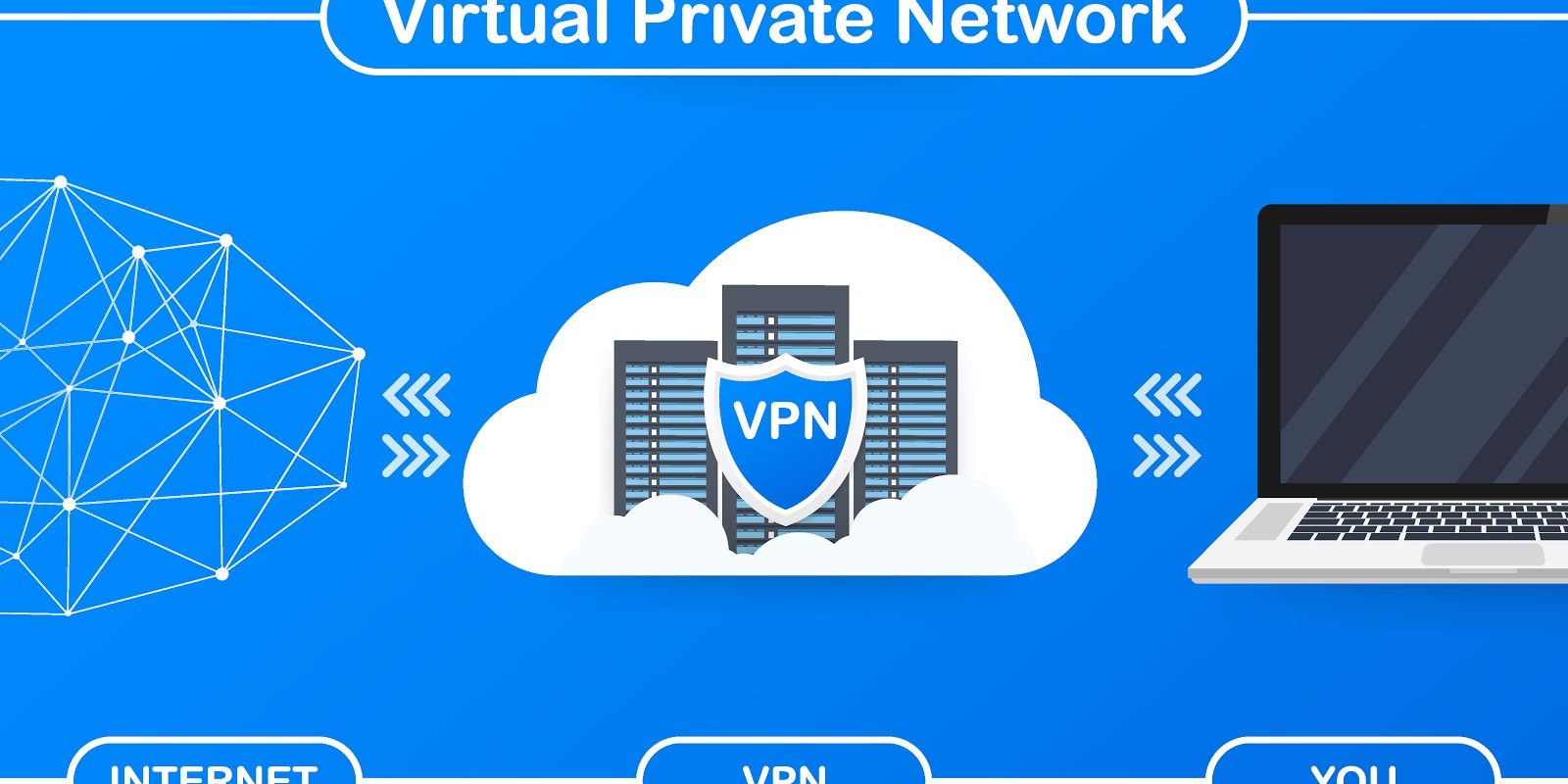
What is VPN?
A VPN, or Virtual Private Network, is a system that allows both you and your remote employees to use your company servers and networks easily and safely. With a VPN, you can connect you to your company’s database, enabling you and your employees to send data via an encrypted, secure connection. Your online transactions become virtually untraceable. This process blocks would-be hackers and data thieves from accessing any personal information. Employing a VPN protects all your sensitive data. Here are some reasons why you should considering using one:
Security concerns
When you built your business, you weren’t expecting to have your workforce stationed at home, and with the situation, your client and business information as well.
Your VPN is your safeguard against your everyday hackers and thrill seekers. It keeps your business running smoothly. But how does it work? A VPN extends a private network across a public one. It’s like having a virtual tunnel between you and your remote server. That means that when having the VPN installed you are essentially a branch of your own private network. Here are a few things that a VPN can do for you:
- Hide your location
- Hide your IP address
- Encrypt data transfer
VPN Setup
Setting up your own VPN is simple and can be done from your home. Some only require you to download an app for the VPN to do its magic, while other VPNs require you to create a username and server address. Regardless of the setup, a personal VPN is one of the easiest security precautions that you can take to keep both your employees and your client information safe at home.
VPN Protocols
A VPN protocol is essentially a set of rules used to obtain a connection between a VPN client and a VPN server. There are several options:
- OpenVPN- This is the industry standard. It is secure, fast and suitable for all levels of VPN users.
- IPSec/L2TP- Combines IPsec and L2TP for better security and encryption. It is slower than OpenVPN, and is typically only recommended for advanced users.
- IKEv2- This protocol is best for mobile devices because of how easily it connects to servers. It is especially good for smartphones because of how quickly it switches between wifi and public networks. It is incredibly fast and reliable.
- SoftEther- Often compared to OpenVPN in terms of quality, this protocol is different because it combines a variety of VPN sources into one singular VPN.
One protocol may not be better than another one. It all depends on your needs and what works best for you and your employees. If you find that you don’t like one protocol, try a different one. Ask a professional to help you understand which will work best for your company.
Here at KMF Technologies, we have over 15 years of experience across all IT fields – we know how to help you. We understand that every business is different, thus we offer custom VPN services based on your needs. Schedule a free consultation with us today!


